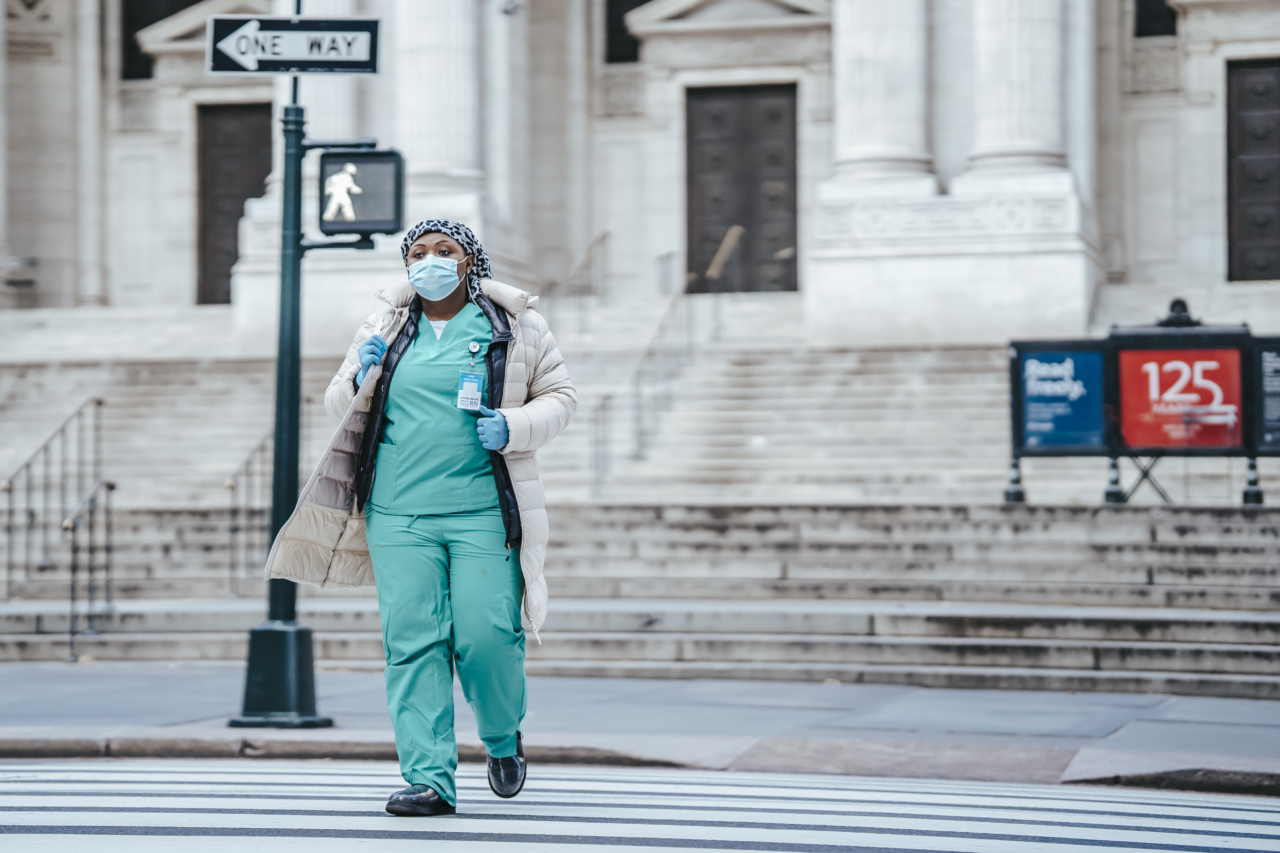Antibiotics are commonly prescribed medications for various bacterial infections. However, healthcare professionals need to understand that they do not work against viruses such as respiratory viruses, such as the common cold, flu, and COVID-19.
Antibiotics do not help treat these respiratory viruses, and therefore, their overuse can cause antibiotic resistance, which is a serious public health concern. This article is a guide for healthcare professionals who want to understand the relationship between antibiotics and respiratory viruses.
What are respiratory viruses?
Respiratory viruses are viruses that infect the respiratory tract, resulting in illnesses such as the common cold, flu, and COVID-19. These viruses can spread from person to person easily via respiratory droplets when someone talks, coughs, or sneezes.
Respiratory viruses can cause mild to severe respiratory illnesses, and in some cases, they can be fatal, especially for older adults, young children, and people with weakened immune systems. Respiratory viruses, including COVID-19, are caused by viruses and not bacteria.
Why antibiotics do not work against respiratory viruses
Antibiotics are medications that fight bacterial infections. They work by killing or stopping the growth of bacteria. However, respiratory viruses are caused by viruses, and antibiotics do not work against viruses.
In fact, the overuse of antibiotics for viral infections can cause antibiotic resistance, which is when bacteria become resistant to antibiotics, and the medications are no longer effective in treating bacterial infections.
What are the risks of prescribing antibiotics for respiratory viruses?
Prescribing antibiotics for respiratory viruses can have several risks, including:.
- Ineffectiveness: Antibiotics are ineffective against viral infections, and prescribing them for respiratory viruses can lead to unnecessary or ineffective treatment.
- Antibiotic resistance: Overuse of antibiotics can lead to antibiotic resistance, which is a serious public health concern. Antibiotic resistance means that bacteria become resistant to antibiotics, and the medications are no longer effective in treating bacterial infections.
- Side effects: Antibiotics can cause side effects such as nausea, vomiting, diarrhea, and allergic reactions. Prescribing unnecessary antibiotics can cause these side effects without providing any benefits.
- Cost: Prescribing unnecessary antibiotics can increase healthcare costs without providing any benefits for the patient.
When should healthcare professionals prescribe antibiotics for respiratory infections?
Healthcare professionals should only prescribe antibiotics for respiratory infections when there is a bacterial infection. Some signs that a respiratory infection may be bacterial include:.
- Prolonged illness: If the patient has been sick for several days and their symptoms are not improving, it may be a sign of a bacterial infection.
- Sinus pain: Sinus pain and pressure can be a sign of a bacterial sinus infection.
- Difficulty breathing: Trouble breathing, shortness of breath, or chest pain can be signs of a bacterial infection in the lungs.
- High fever: A high fever that lasts several days can be a sign of a bacterial infection.
It is important to note that healthcare professionals should not prescribe antibiotics based solely on symptoms without a clear diagnosis of a bacterial infection.
Overprescribing antibiotics can lead to antibiotic resistance, which is a serious public health concern.
How can healthcare professionals help prevent antibiotic resistance?
Healthcare professionals can help prevent antibiotic resistance by:.
- Prescribing antibiotics only when necessary: As discussed, antibiotics are not effective against viral infections. Prescribing them when they are not necessary can lead to antibiotic resistance.
- Choosing the right antibiotic: Choosing the right antibiotic for a bacterial infection can help prevent antibiotic resistance. Healthcare professionals should choose antibiotics that target specific bacteria.
- Using antibiotics as directed: Healthcare professionals should instruct patients to use antibiotics as directed and for the full course of treatment to prevent antibiotic resistance.
- Encouraging vaccines: Vaccines can help prevent viral and bacterial infections, reducing the need for antibiotics and preventing antibiotic resistance.
- Following infection control guidelines: Healthcare professionals should follow infection control guidelines to prevent the spread of infections and reduce the need for antibiotics.
Conclusion
Antibiotics are not effective against respiratory viruses such as the common cold, flu, and COVID-19.
Healthcare professionals should only prescribe antibiotics when there is a bacterial infection present and choose antibiotics that are specific to the bacteria. Overprescribing antibiotics can lead to antibiotic resistance, which is a serious public health concern.
Healthcare professionals can help prevent antibiotic resistance by prescribing antibiotics only when necessary, choosing the right antibiotic, using antibiotics as directed, encouraging vaccines, and following infection control guidelines.































